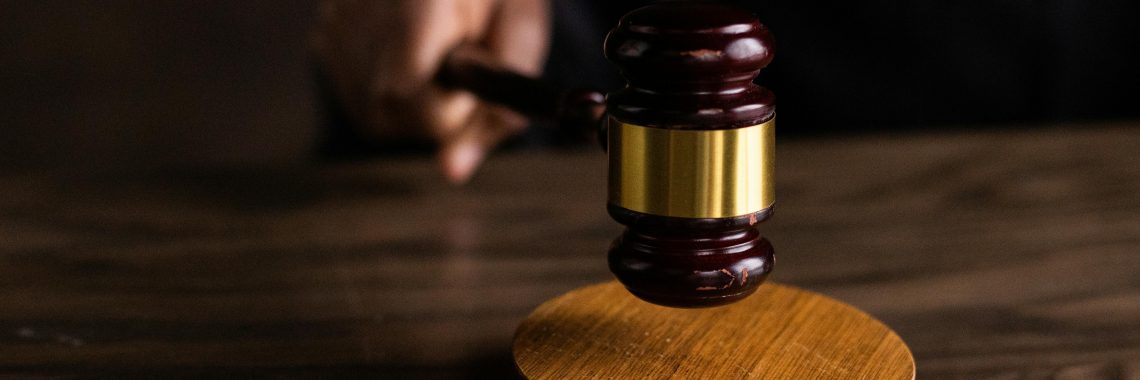Arkansas Supreme Court Orders Secretary of State to Count Abortion Amendment Petitions Circulated by Volunteers

On Tuesday evening the Arkansas Supreme Court ordered the Secretary of State to perform an initial count of petition signatures that volunteers collected for the Arkansas Abortion Amendment of 2024.
The decision marks the latest turn in the lawsuit surrounding the abortion measure.
Earlier this month Arkansans for Limited Government submitted petition signatures to place the Arkansas Abortion Amendment on the ballot. However, Secretary of State John Thurston disqualified every petition signature, because the sponsors failed to provide affidavits that state law requires concerning paid petition canvassers.
By law, ballot initiative sponsors must file a statement confirming that each paid canvassers was given a copy of the state’s initiative and referenda handbook as well as an explanation of relevant state laws before he or she solicited petition signatures. The sponsors backing the abortion measure failed to file this specific documentation when they submitted the petitions for the abortion amendment.
Arkansans for Limited Government filed a lawsuit, claiming Secretary of State Thurston unlawfully rejected its petitions.
Tuesday’s state supreme court ruling directs the Secretary of State to count the Arkansas Abortion Amendment petition signatures collected by volunteers. Secretary of State Thurston previously estimated that volunteers collected 87,382 petition signatures — although his office apparently has not officially counted the signatures. Placing the Arkansas Abortion Amendment on the November ballot would require 90,704 valid signatures from registered voters.
Legal experts have pointed out the abortion amendment would prevent the State of Arkansas from restricting abortion during the first five months of pregnancy — which is more extreme than Roe v. Wade — and would allow thousands of elective abortions on healthy women and unborn children every year.
The amendment does not contain any medical licensing or health and safety standards for abortion, and it does not require abortions to be performed by a physician or in a licensed medical facility.
It automatically nullifies all state laws that conflict with the amendment, jeopardizing basic abortion regulations — like parental-consent and informed-consent requirements that both sides of the aisle have supported in the past.
The measure also contains various exceptions that would permit abortion on demand through all nine months of pregnancy in many cases.
Articles appearing on this website are written with the aid of Family Council’s researchers and writers.





